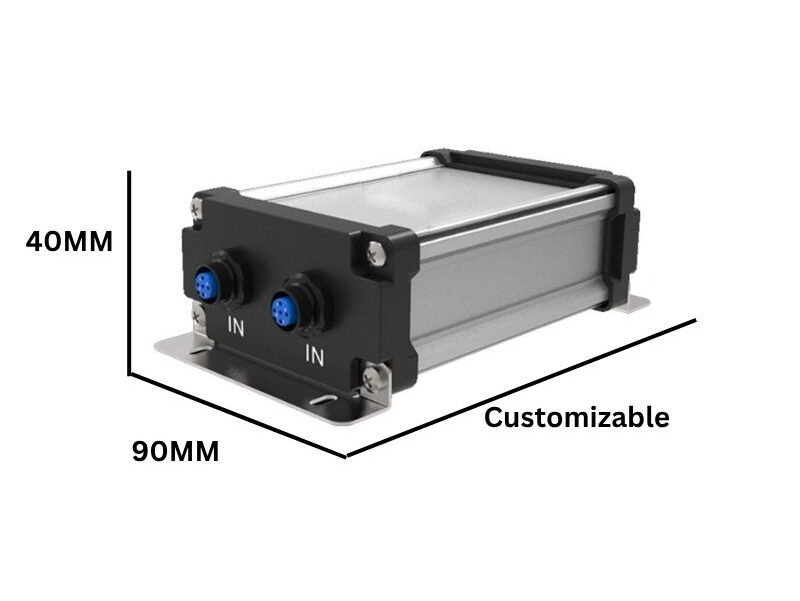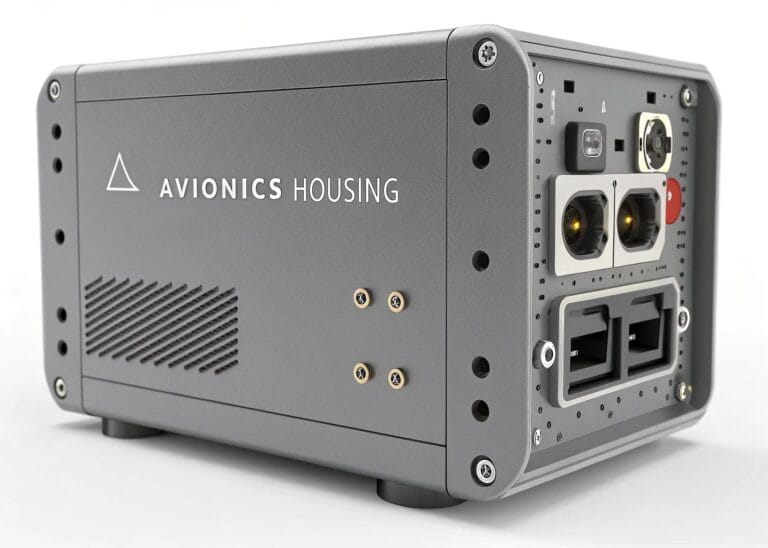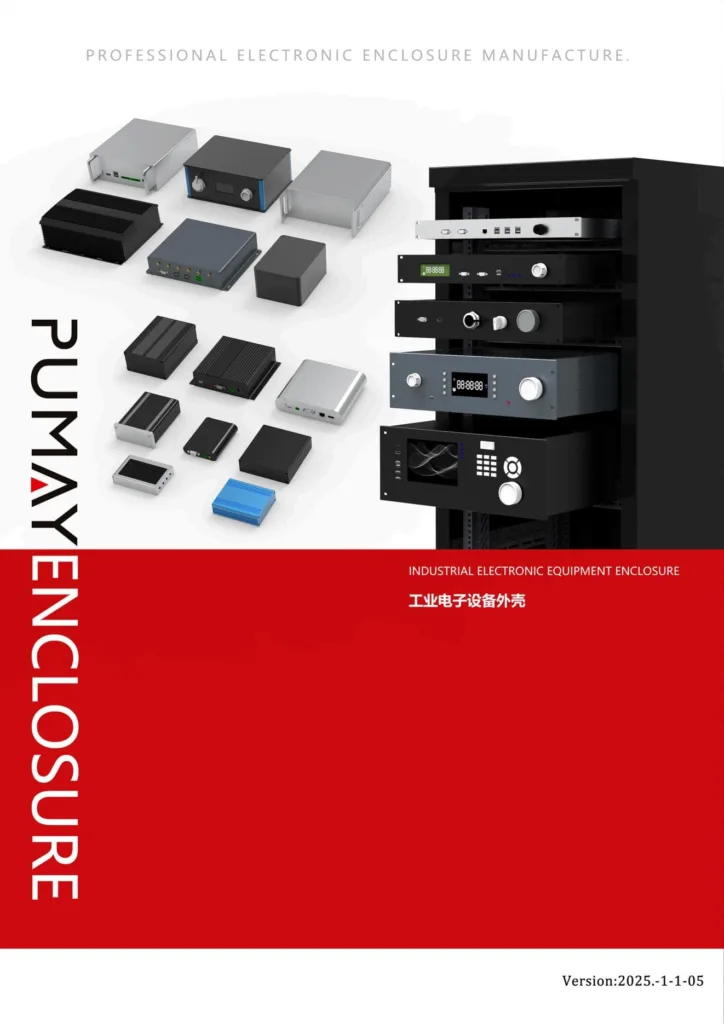Concerned about unexpected enclosure failures after deployment? Without thorough reliability testing1, you risk costly downtime, damaged reputations, and lost customer trust.
Reliability testing for aluminum enclosures involves environmental (temperature, humidity), mechanical (shock, vibration), ingress (IP ratings), and corrosion tests. These tests validate enclosure performance, durability, and compliance with industrial standards2, ensuring long-term operational reliability.
I've seen many enclosure projects compromised due to insufficient testing. Let’s explore critical reliability tests needed to guarantee robust, durable aluminum enclosures.
Why is environmental testing3 critical for aluminum enclosure reliability?
Experiencing unexpected failures in harsh industrial environments? Ignoring environmental factors like temperature fluctuations or humidity leads to equipment breakdown and reliability issues.
Environmental testing, including temperature cycling4, humidity exposure, and thermal shock5, simulates harsh conditions to validate aluminum enclosure durability, ensuring reliable protection for sensitive electronics across diverse operating environments.
 "Environmental Testing for Aluminum Enclosures"
"Environmental Testing for Aluminum Enclosures"
In my work, environmental testing has consistently revealed hidden vulnerabilities. Industrial enclosures often face extreme temperature shifts, humidity, and moisture exposure. Conducting comprehensive tests ensures that enclosure materials, gaskets, and coatings withstand these conditions.
Typical environmental tests:
| Test Type | Purpose | Standard Reference |
|---|---|---|
| Temperature Cycling | Assess enclosure response to temperature extremes | IEC 60068-2-14 |
| Humidity Testing | Verify corrosion and moisture resistance | IEC 60068-2-78 |
| Thermal Shock | Evaluate enclosure structural integrity under rapid temperature changes | IEC 60068-2-27 |
Proper environmental testing ensures enclosures perform reliably, preventing costly failures in real-world deployments.
How do mechanical tests ensure enclosure durability?
Are your enclosures failing prematurely due to shock or vibration? Mechanical stresses frequently cause unexpected product failures, reducing operational reliability.
Mechanical testing, including shock, vibration, and drop tests6, assesses enclosure durability against physical stresses. Successfully passing these tests ensures aluminum enclosures reliably protect electronics in industrial applications.
 "Mechanical Testing for Industrial Aluminum Enclosures"
"Mechanical Testing for Industrial Aluminum Enclosures"
In my projects, mechanical testing7 frequently identifies vulnerabilities that can compromise performance. Aluminum enclosures in industrial settings often experience vibrations from machinery or shocks during transportation and use. Testing ensures structural integrity and sustained component protection.
Common mechanical tests include:
| Test Type | Test Description | Standard Reference |
|---|---|---|
| Shock | Sudden impact or drop tests | MIL-STD-810G |
| Vibration | Continuous mechanical vibrations | IEC 60068-2-64 |
| Drop Test | Controlled fall simulations | IEC 60068-2-31 |
Passing these tests guarantees enclosures withstand real-world mechanical challenges, significantly improving reliability and longevity.
Why are IP rating tests8 essential for aluminum enclosures?
Facing unexpected water or dust ingress issues? Skipping IP testing risks severe equipment damage and operational disruptions, especially in harsh industrial environments.
IP rating tests validate enclosure sealing against dust and water ingress. Achieving IP65, IP67, or IP68 ratings ensures aluminum enclosures reliably protect electronics from environmental hazards, maintaining product reliability.
 "IP Rating Testing for Industrial Aluminum Enclosures"
"IP Rating Testing for Industrial Aluminum Enclosures"
I've found IP rating tests essential to reliably confirm waterproof and dustproof performance. Without validation, theoretical designs might fail in the field. IP ratings demonstrate enclosure resilience under controlled conditions:
- IP65: Protection against dust and water jets.
- IP67: Protection against dust and temporary immersion (1 meter, 30 min).
- IP68: Protection against dust and prolonged immersion (custom depth/time).
Comparison of IP ratings:
| IP Rating | Dust Protection | Water Protection | Application Examples |
|---|---|---|---|
| IP65 | Complete | Water jets | Outdoor electronics |
| IP67 | Complete | Temporary immersion | Industrial instruments |
| IP68 | Complete | Continuous immersion (custom) | Underwater sensors |
Achieving these ratings confirms the enclosure's capability to withstand challenging environments, preventing costly failures and downtime.
How does corrosion testing ensure long-term enclosure reliability?
Are unexpected corrosion issues causing product deterioration and customer complaints? Inadequate corrosion testing leaves aluminum enclosures vulnerable in aggressive environments.
Corrosion tests, including salt spray (salt fog) and cyclic corrosion tests, simulate aggressive environments to verify enclosure resistance to corrosion, ensuring reliable long-term performance in industrial and coastal applications.

I've often seen corrosion overlooked, only becoming evident after field failures. Corrosion tests, such as salt spray testing9 (ASTM B117) or cyclic corrosion tests10, expose aluminum enclosures to harsh environments. These tests identify potential corrosion vulnerabilities before deployment, allowing for corrective measures like improved anodizing or coatings.
Typical corrosion tests:
| Test Type | Description | Standard Reference |
|---|---|---|
| Salt Spray | Continuous salt fog exposure | ASTM B117 |
| Cyclic Corrosion | Alternating salt spray and dry cycles | SAE J2334 |
Passing corrosion tests ensures long-lasting durability, significantly reducing maintenance and replacement costs over time.
Conclusion
Performing thorough reliability testing—including environmental, mechanical, IP rating, and corrosion tests—is critical to guarantee robust, dependable industrial aluminum enclosures, safeguarding electronics against diverse operational challenges.
Understanding reliability testing can help ensure your enclosures meet industry standards and perform well in the field. ↩
Understanding industrial standards can help you ensure your enclosures meet necessary compliance and performance criteria. ↩
Explore the significance of environmental testing to ensure your enclosures withstand harsh conditions effectively. ↩
Understanding temperature cycling can help you assess how your enclosures react to extreme temperature changes. ↩
Learn about thermal shock testing to validate the structural integrity of your enclosures under rapid temperature changes. ↩
Learn how drop tests can help ensure your enclosures remain intact during transportation and use. ↩
Learn about mechanical testing to guarantee your enclosures can handle physical stresses and maintain integrity. ↩
Discover how IP rating tests protect your enclosures from dust and water ingress, ensuring reliability. ↩
Find out how salt spray testing can help you assess the corrosion resistance of your aluminum enclosures. ↩
Explore cyclic corrosion tests to understand how they simulate harsh environments for better enclosure durability. ↩





